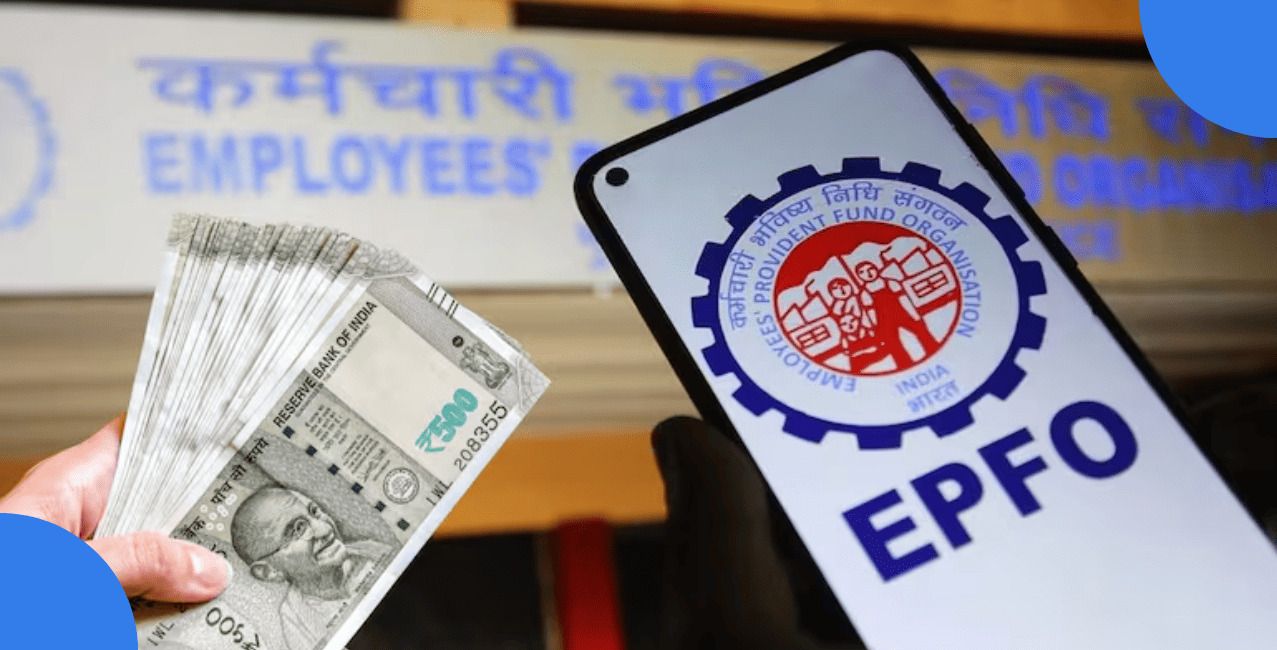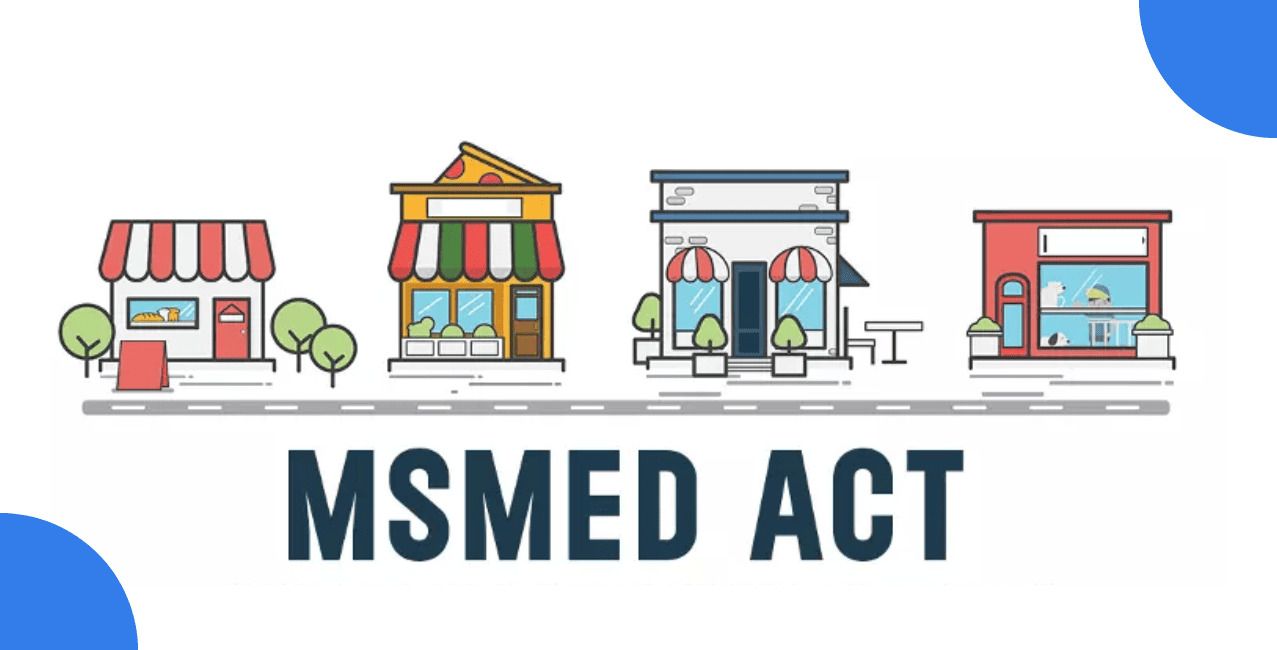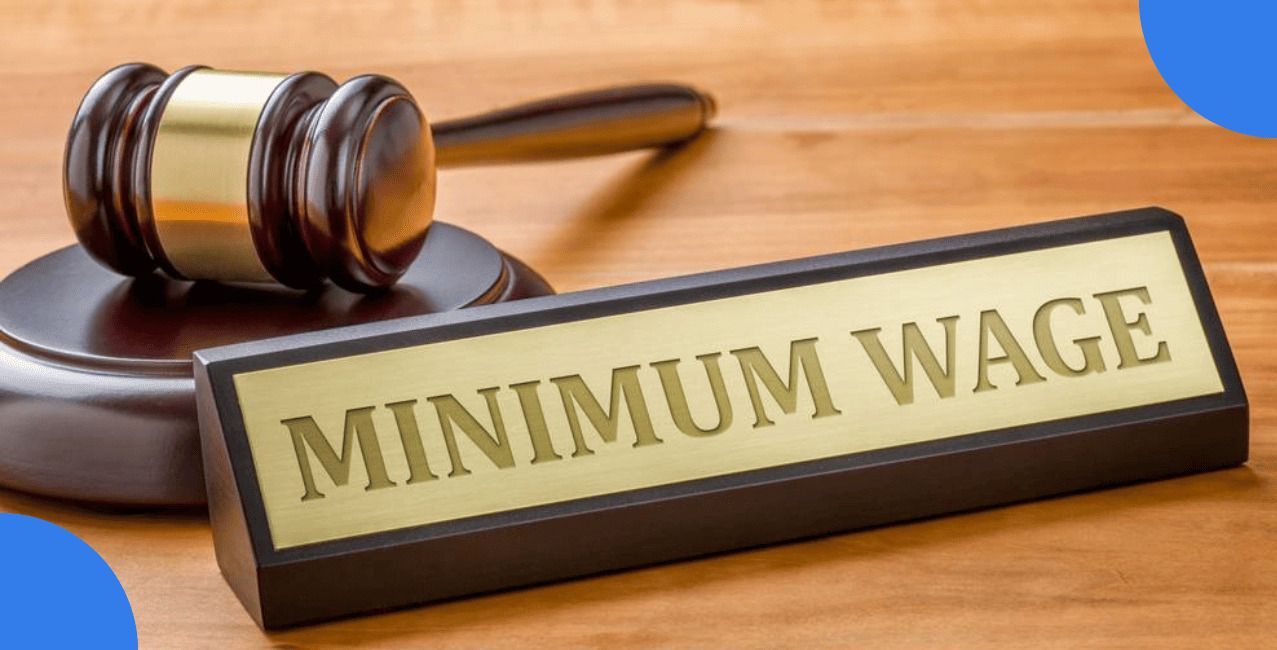What are Cash and Cash Equivalents? Meaning, Examples & Importance
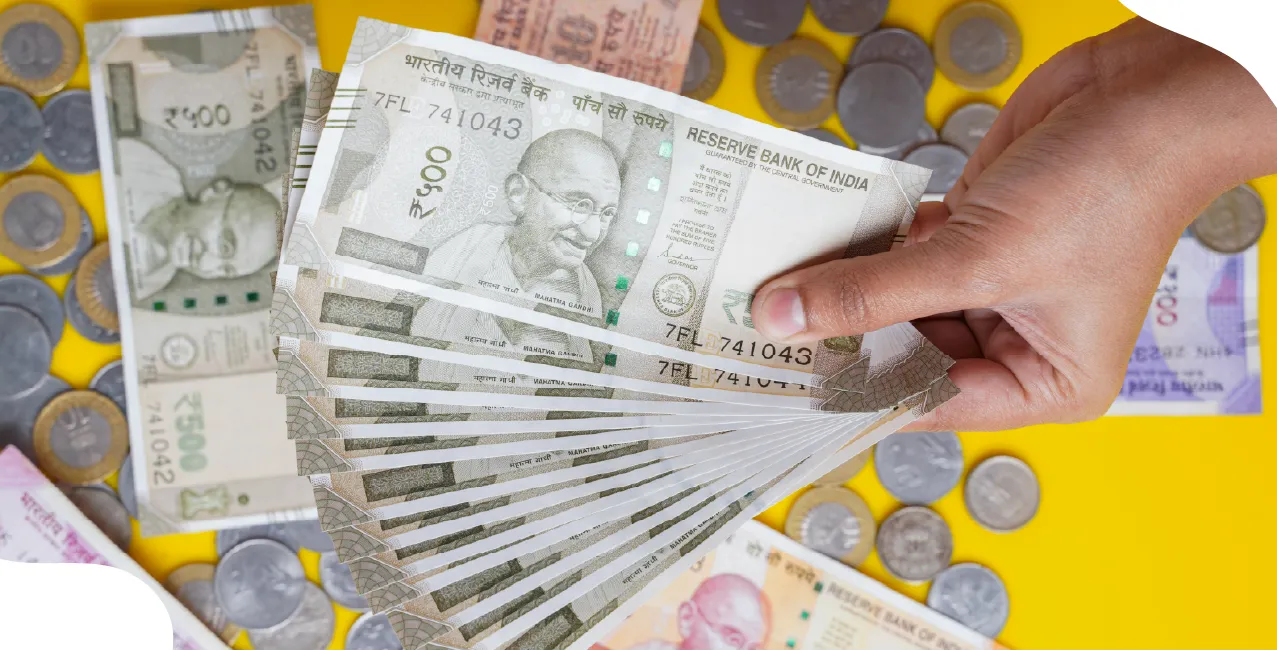
Check Your Loan Eligibility Now
By continuing, you agree to LoansJagat's Credit Report Terms of Use, Terms and Conditions, Privacy Policy, and authorize contact via Call, SMS, Email, or WhatsApp
Cash and cash equivalents are forms of money a business can use immediately. Cash includes physical money like notes and coins, while cash equivalents are assets that can be quickly turned into cash without losing value.
Let’s take the example of a small shop. It keeps cash in its drawer for daily use, like buying stock or giving change to customers. The shop also has money in its bank account. In addition, it may have a short-term bank deposit or a government bond that matures in a few weeks. These aren’t cash in hand, but the shop can easily convert them into cash when needed.
Here’s a simple table for better understanding:
Together, cash and cash equivalents help a business run smoothly by covering daily expenses and emergencies.
Understanding Cash and Cash Equivalents in Everyday Business
Every business, big or small, needs money that it can use straight away. This money comes in two main types: cash and cash equivalents. While cash is easy to understand, cash equivalents are just as important.
Cash includes things like notes, coins, and bank account balances that the business can use anytime, say, to pay a bill or buy materials. But sometimes, businesses also keep money in places where it earns a little interest but can still be used quickly. These are called cash equivalents.
Why Do Businesses Hold Both?
Let’s take the case of a small bakery. The bakery:
- Keeps cash at the counter to buy flour or pay a delivery person.
- Has money in its bank account for quick payments online.
- Also invests in a short-term fixed deposit that ends in two months, just in case it needs extra cash soon.
This way, the bakery never runs out of money for daily needs or surprise expenses.
What Is the Nature of Cash Equivalents?
Easy to Turn into Cash
Cash equivalents are like tiny helpers for a company. A business keeps them handy when it needs money quickly. These are not things to keep for a long time or to make big profits. They are there to meet small, quick needs.
Known and Clear Value
It is not enough for a cash equivalent to just become cash. We must also know exactly how much money it will turn into. It should have a fixed price or a price that does not change too much. So, the business does not get any surprises.
Very Little Risk
Cash equivalents are safe. They do not jump up or down in value. Because they are so safe and short-term, most of them last for less than three months. This way, the business can trust them when it needs money fast.
Not the Same as Shares
Shares in a company go up and down in value. That is why they do not count as cash equivalents. But there is one small exception. If a company buys preference shares very close to their ending date and knows when it will get the money back, those can count.
Where Do They Appear?
When you look at a company’s balance sheet, you can find cash and cash equivalents on the asset side. That is because they are useful things the company owns and can use right away.
What Does the Cash Flow Statement Tell Us About Cash and Cash Equivalents?
1. The Real Picture of Cash
The true meaning of cash and cash equivalents becomes clear in the cash flow statement. This statement shows all the money coming in and going out of the company. It tells us how the company handles its cash every day.
2. All Companies Must Prepare It
In India, every company must make a cash flow statement. It is not a choice. This helps people who are interested in the company, like investors or owners, understand how the company uses its cash.
3. A Clear View of Cash Movement
The cash flow statement shows how cash and cash equivalents move in and out of the business. This applies to all types of companies.
- For a bank, cash is the main product.
- For a factory, cash is used to pay bills and buy materials.
Still, the cash flow statement is useful for both.
4. Helps Understand Company Health
When we read this statement with other financial reports, we get a better idea of:
- How well the company uses its cash
- If the company can manage its cash smartly
- Whether it can handle changes in the future
5. Shows Liquidity
Liquidity means how easily a company can use its money. The cash flow statement tells us how much money the company has in hand and how much is tied up in other things, like machines or buildings.
Why Is Cash and Cash Equivalents So Important?
Cash and Cash Equivalents (CCE) are like a company’s pocket money. This is the money the company can use right now, without waiting. Let’s explore why it matters so much.
1. Cash Is King
A company might look rich on paper. It may show big profits. But if it has no cash to pay bills, staff, or rent, it can get into big trouble. That’s why people say cash is king, because you can use it immediately.
2. Helps Pay for Everyday Needs
CCE must cover the company’s regular and urgent payments. These can include:
Without cash, a company may have to sell big things like machines or buildings quickly, often at a loss.
3. Better Chance to Get Loans
Lenders like banks check how much CCE a company has. If the balance is strong:
- The company looks safer to lend to
- The bank might offer better loan deals
- The company can borrow more easily
So, keeping a healthy amount of CCE shows that the company is ready to handle hard times.
Real-Life Example
Let’s imagine two companies:
Even though Company A earned more, Company B is in a better place because it has more cash to use right away.
Discover the Ready Money That Keeps a Business Moving
Cash and cash equivalents are the funds a company can use immediately. This includes physical cash, money in bank accounts, and short-term investments that can quickly turn into cash without losing value.
Companies rely on this money to pay staff, clear bills, settle short-term debts, and handle any sudden costs. It keeps the business running day by day.
When a company holds enough cash and cash equivalents, it shows strong financial health. It can act quickly, meet its needs, and avoid taking risky steps like selling valuable assets in a hurry.
Conclusion
Cash and cash equivalents are the lifeblood of any business. They show how much money a company can use right now to meet its needs. Whether it's for paying bills, handling emergencies, or staying stable, having enough cash on hand keeps a business strong and steady.
FAQ’s
1. Why do companies need cash and cash equivalents?
Companies need them to pay bills, staff, and debts on time. This keeps the business running without delays or trouble.
2. Is cash in a savings account a cash equivalent?
Yes, if the money is easy to access and doesn’t lose value, it counts as a cash equivalent.
3. Can shares be called cash equivalents?
Usually not. But preference shares close to maturity, with a fixed value, can count as cash equivalents.
4. Do all businesses show cash and cash equivalents?
Yes. Every company lists them on the asset side of the balance sheet to show their liquid funds.
5. How do cash equivalents help in emergencies?
They give quick access to money when something unexpected happens, so the company doesn’t need to sell important assets.
About the author

LoansJagat Team
Contributor‘Simplify Finance for Everyone.’ This is the common goal of our team, as we try to explain any topic with relatable examples. From personal to business finance, managing EMIs to becoming debt-free, we do extensive research on each and every parameter, so you don’t have to. Scroll up and have a look at what 15+ years of experience in the BFSI sector looks like.
Subscribe Now
Related Blog Post
Recent Blogs
All Topics
Contents
Quick Apply Loan
Consolidate your debts into one easy EMI.
Takes less than 2 minutes. No paperwork.
10 Lakhs+
Trusted Customers
2000 Cr+
Loans Disbursed
4.7/5
Google Reviews
20+
Banks & NBFCs Offers
Other services mentioned in this article


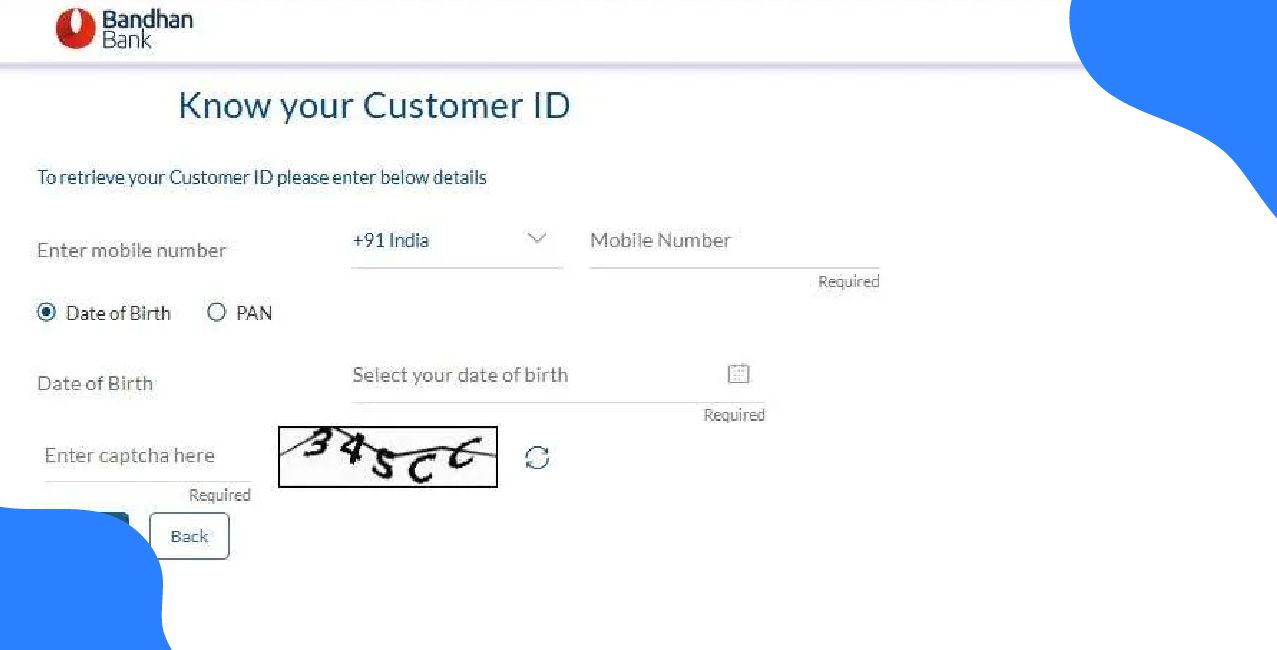
.png)
